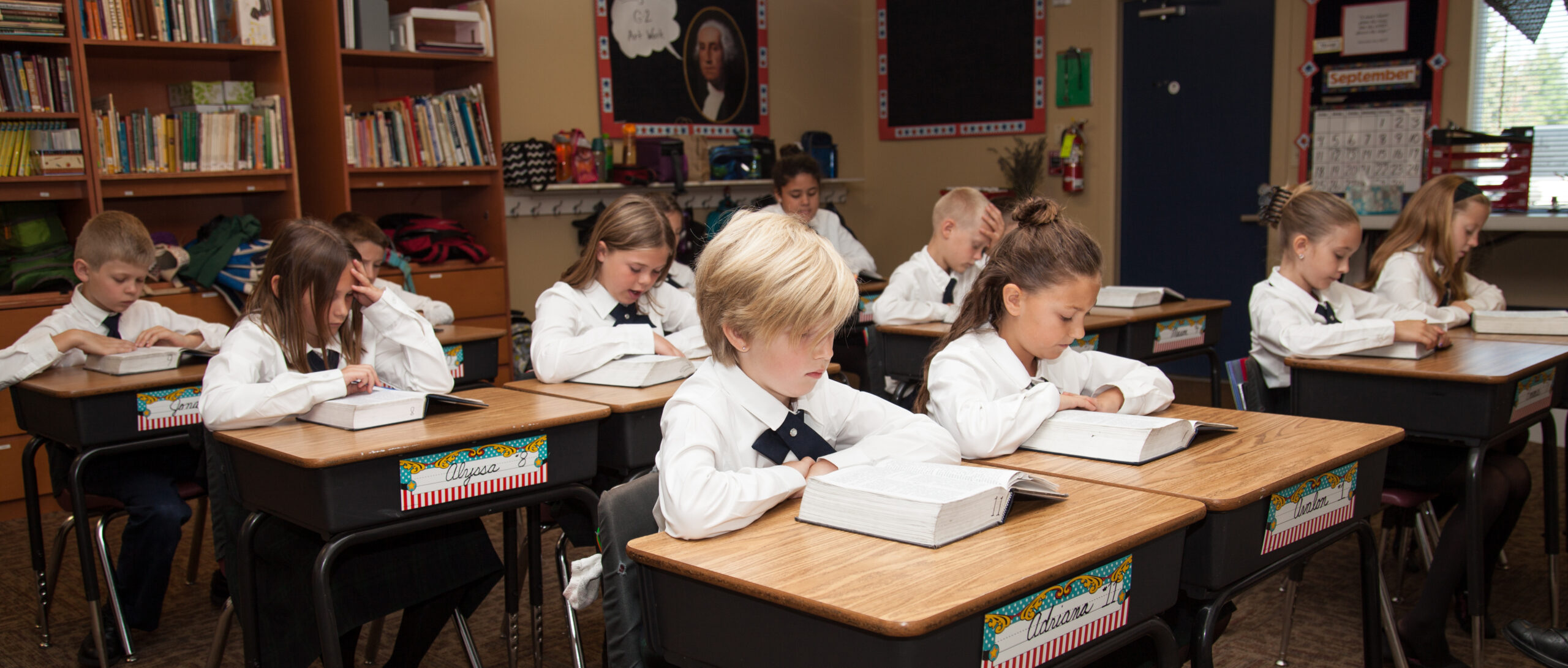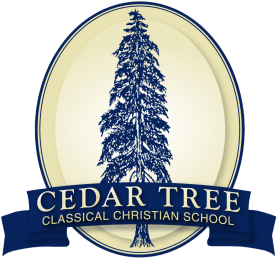When some of our high school students stood before adults at our recent parent meeting with a tall stack of their required reading from last year’s course, I was impressed not only by their diligence to read them all, but by the power of the ideas they had been exposed to. Granted, older authors such as Homer and Herodotus and Cicero require a reader to put out a bit more effort than recent writers, but the effort is rewarded twenty-fold. Each student affirmed the impact these books have had on them, an irreplaceable part of their high school experience.
A good book influences the way you think about life. A classic book is one that influenced the way generations of people thought about life.
A good book influences the way you think about life. A classic book is one that influenced the way generations of people thought about life. Whether from fiction or non-fiction, scenes from some of the greatest stories ever told have etched moral truths deeply into our souls. Their characters and lessons are vivid, inspirational, and unforgettable.
If you’re not convinced of the value of story-telling devices in helping to convey truths and motivate character development, you need to look no further than the Bible. Rather than list doctrinal propositions or step-by-step life instructions, God chose to give us lots of stories. In fact, almost half of the Bible is given to us in the form of stories, usually with all the narrative devices of direct quotations, interesting characterizations, and stylized structures.
Sadly, we live in an era where great stories of the past are being tossed aside as irrelevant to the culture around us. Yet it is these very works speaking from outside our age that are best equipped to challenge our assumptions and confront us with ideas outside of our everyday Sadly, we live in an era where great stories of the past are being tossed aside… experience. After all, do we really think that today’s culture is in the best position to evaluate greatness in morality and depth of thought?
Having withstood the changing winds of countless generations, the best of yesterday’s literature has earned the right to be heard.
That’s why literary classics are at the core of Cedar Tree’s curriculum. In the classical Christian approach to education, we believe history is best learned and appreciated when reading works from that time period. We also believe these classics effectively provide a powerful arsenal of ideas.
Louise Cowan, a co-editor with Os Guinness of a book entitled Invitation to the Classics, explains how she had read various theological works, and even the Bible itself, but had failed to find faith. Then she read Hamlet and other Shakespearian plays, and was struck by their frequent Christian themes.
“Not until a literary work of art awakened my imaginative faculties,” she writes, “could the possibility of a larger context than reason alone engage my mind … I had to be transformed in the way that literature transforms—by story, image, symbol—before I could see the simple truths of the gospel.”
In order to add depth to their testimony to modern culture, Christians ought to become reacquainted with classic literature. These time-tested narratives probe and explore the human experience; whet our appetites for something more than shallow answers to the complex issues of life; and can lead us to a richer understanding of the work of God.
Our students will freely tell you that their prodigious reading of classic literature has been an invaluable part of their high school experience, shaping their thinking in powerful ways for the rest of their lives. They have tasted the power of classics.
Tom Bradshaw has been serving as Cedar Tree’s headmaster since 2006. This article was first published in 2009.






